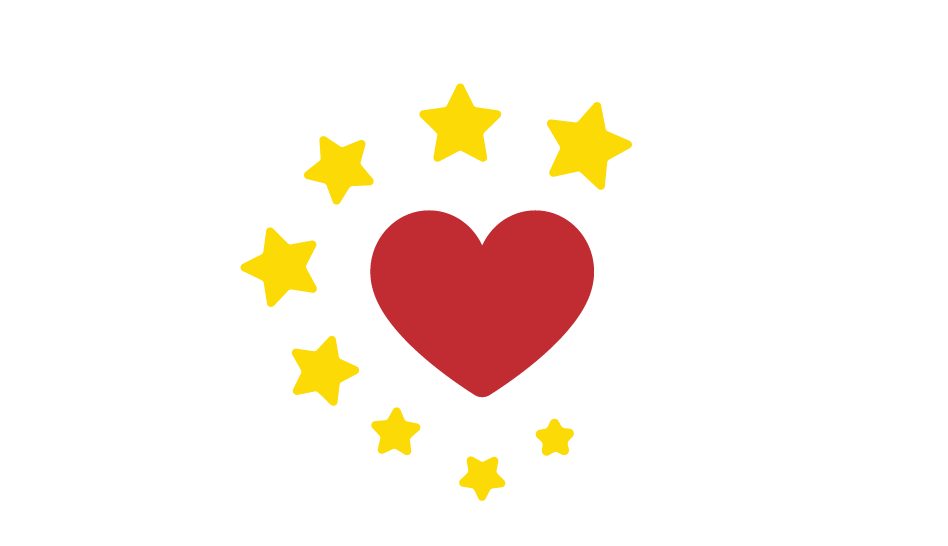The Principles of the European Youth
Peace.
The first and foundational value for European Youth Denmark is grounded in the idea and aim that no European country must, nor should, go to war. We consider war, as a tool between states, to be unnecessary and will at any time propose and support the use of diplomatic skills and soft power as tools for conflict solving.
The EU has, since the creation of the coal and steel community following World War ||, worked to minimize the risk of war between the European nations. This effort was acknowledged by the Nobel peace prize of 2012 and it is one of the reasons we are followers of the European project: We are a collective group of nations with a basic set common values and ideas. We should stand united on these values, instead of waging war where we differ.
Freedom.
Freedom for the individual and an acknowledgement of every human’s inviolable rights is the second core value for European Youth Denmark. We believe that every person deserves to be treated fairly and equal, regardless of gender, ethnicity or sexual orientation. The starting point for our values can be found in the European Convention of Human Rights, albeit not limited hereby.
Furthermore, we believe that the EU is a project by people, for people. The free movement is one of the strongest results shown by the EU: It allows people to interact with each other without state boundaries, which group people into A and B categories. It is to everyone’s advantage.
It gives us the right to travel wherever they want, search for work where we want and to live with whom we want, despite nationality. It allows us to be human without inhibitions, barriers or building walls between us. The EU demands boundless relations, respect for diversity and free love.
Democracy.
The third and central value for European Youth Denmark is democracy. Democracy is central to European Youth Denmark, as it is the least poor form of governance for humans and is the form of government that best supports human freedom.
The EU has been a solid support for the central and eastern European countries, which after 1989 broke from the Soviet Union’s iron grip. Today, for example, the Baltic countries have become strong democracies.
We emphasize that membership of the European Union should not be regarded as an end with respect to compliance of the rules and values of democracy. If member countries fail to comply with those values and rules, they must be sanctioned and – in worst case – excluded from the European Union.
This third and last value is central because it is what binds the above mentioned values together. For peaceful coexistence, dialogue is required instead of conflict and war, and to best facilitate human freedoms, one should also open the state to peoples wishes.
We consider the European project to be a catalyst for democratization of the neighboring areas of the Union and acknowledge it as positive force.
Shared values and common soloutions.
The EU is about shared values, shared solutions and solidarity.
When problems arise in one country, we have seen through history how they can spread to the neighboring countries. We know that many of today’s problems cannot be solved nationally. Whether it is financial crises, human disasters or climate and environmental issues, these are problems that affect our mutual interdependency and therefore require common solutions.
Common European standards for the use of chemistry in food, CO2 emissions and joint investment in sustainable energy research pressures the European states to work for the common good, and thus the benefit of the European citizens and the rest of the world.
Therefore, we hold the opinion that we must move towards better cooperation at the European level through common fiscal policy, stronger judicial cooperation and ambitious climate and environmental objectives. This, combined with a united strive towards the elimination of discrimination, both ethnic and gender based, are among the core principles of European Youth and our objectives for an European cooperation. We are united in diversity. For a common future. A better future.
The future of the EU.
Although the EU is a “sui generis”, the only one of its kind, the EU is not created in a vacuum. Outside the EU we find other states, each with their own interests, goals and means to achieve them.
Through its focus on people and their rights, the EU must act as a soft-power superpower but must also be integrated into one single voice when foreign policy is to be decided upon. This, of course, also requires further integration in defence cooperation to support our common voice in an increasingly chaotic world.
Likewise, in the future, the EU should be able to pursue a comprehensive fiscal policy for the Eurozone, as a single currency is not sustainable if there is no common fiscal policy. The latter was an expensive lesson during the Euro crisis.
Therefore, we urge the EU Member States to leave behind the internal struggles of power and instead think of their citizens, so that we can pursue a strong policy in areas like finance, climate and foreign affairs. A policy that not only accommodates each of our small enclaves, but the wide European community which we are all part of.
This is why European Youth is in favour of a federal Europe, based on the principles of subsidiarity, where Member States join their sovereignty within the EU in areas where it makes sense, while respecting that the national context can legitimize a certain national leeway. This is the best solution for the European people.
Therefore, a strengthening of the European Parliament is required, which will act as the voice of the people and, as a consequence of our democratic values, must therefore also be granted more power, possibly at the expense of the Commission .
Our principles are about the people of Europe, not the states.

